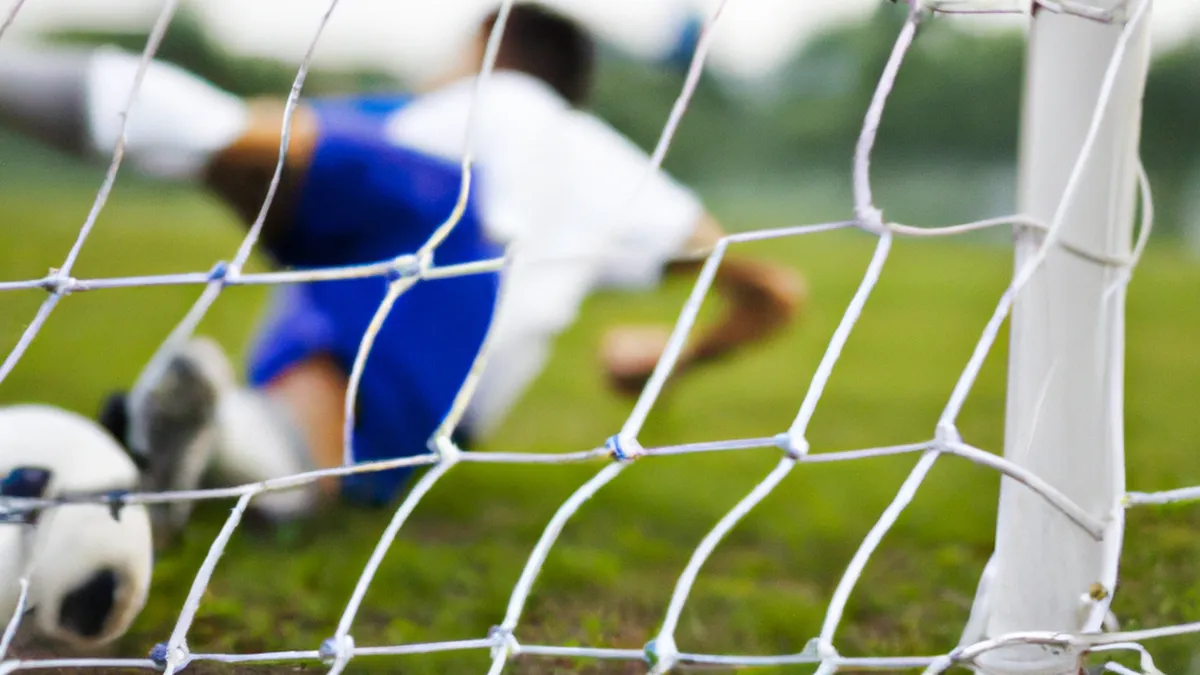Youth Training: Speed vs. Endurance
Developing Speed in Youth SportsSpeed plays a vital role in youth athletic performance. It often distinguishes athletes from competitors and influences their success in sports like soccer and basketball. Developing speed enhances performance, builds confidence, and increases enjoyment in sports. This blog post provides effective methods for young athletes to develop speed, featuring practical tips and expert advice.
Understanding Speed in Sports
Speed refers to the ability to move quickly. It consists of two components: acceleration and maximum velocity. Acceleration measures how quickly an athlete increases speed from a standstill. Maximum velocity indicates the highest sustained speed over a distance. Young athletes need to develop both aspects to improve performance and overall athletic growth.Speed training benefits youth athletes by enhancing their competitive edge and fostering a sense of achievement. Athletes who outpace opponents gain confidence, crucial for long-term sports engagement.
Tips for Developing Speed
As an Amazon Associate I earn from qualifying purchases.
Gear tip: consider basketball, soccer ball, and soccer cleats to support this topic.
1. Focus on Proper Technique
Proper running technique is essential for speed development. Coaches should teach young athletes fundamental running form. Key elements include:- **Posture**: Maintain an upright posture with heads up and shoulders relaxed for better oxygen intake and efficient movement.- **Arm Movement**: Use arms effectively by driving them back and forth with legs. This coordination generates additional momentum.- **Foot Strike**: Emphasize landing on the balls of the feet instead of heels to improve efficiency and reduce injury risk.Incorporating drills targeting these elements helps athletes improve form and speed.
2. Incorporate Sprint Drills
Sprinting drills effectively build speed through short bursts of intense effort. Consider these drills for young athletes:- **Flying Sprints**: Athletes run at submaximal speeds for a short distance before sprinting at maximum effort. This drill develops speed endurance and improves acceleration to maximum velocity transition.- **Hill Sprints**: Sprinting uphill engages different muscle fibers and builds strength. The incline adds resistance, leading to improved speed on flat surfaces.- **Interval Training**: Alternate between sprinting and jogging or walking to enhance speed and endurance. For example, athletes can sprint for 20 seconds, then recover for 40 seconds.
Conclusion
In summary, developing speed in young athletes requires proper technique and targeted drills. These methods enhance performance, confidence, and enjoyment in sports.
Below are related products based on this post:
FAQ
Why is speed important in youth sports?
Speed is crucial in youth athletic performance as it often sets athletes apart from their competitors. It influences success in various sports, including soccer and basketball, and contributes to overall athletic growth and confidence.
What are the key components of speed?
Speed consists of two main components: acceleration and maximum velocity. Acceleration measures how quickly an athlete can increase their speed, while maximum velocity indicates the highest speed they can sustain over a distance.
What techniques should young athletes focus on to develop speed?
Young athletes should focus on proper running technique, which includes maintaining an upright posture, effective arm movement, and proper foot strike. Emphasizing these elements helps improve form, efficiency, and reduces the risk of injury during speed training.















Post Comment